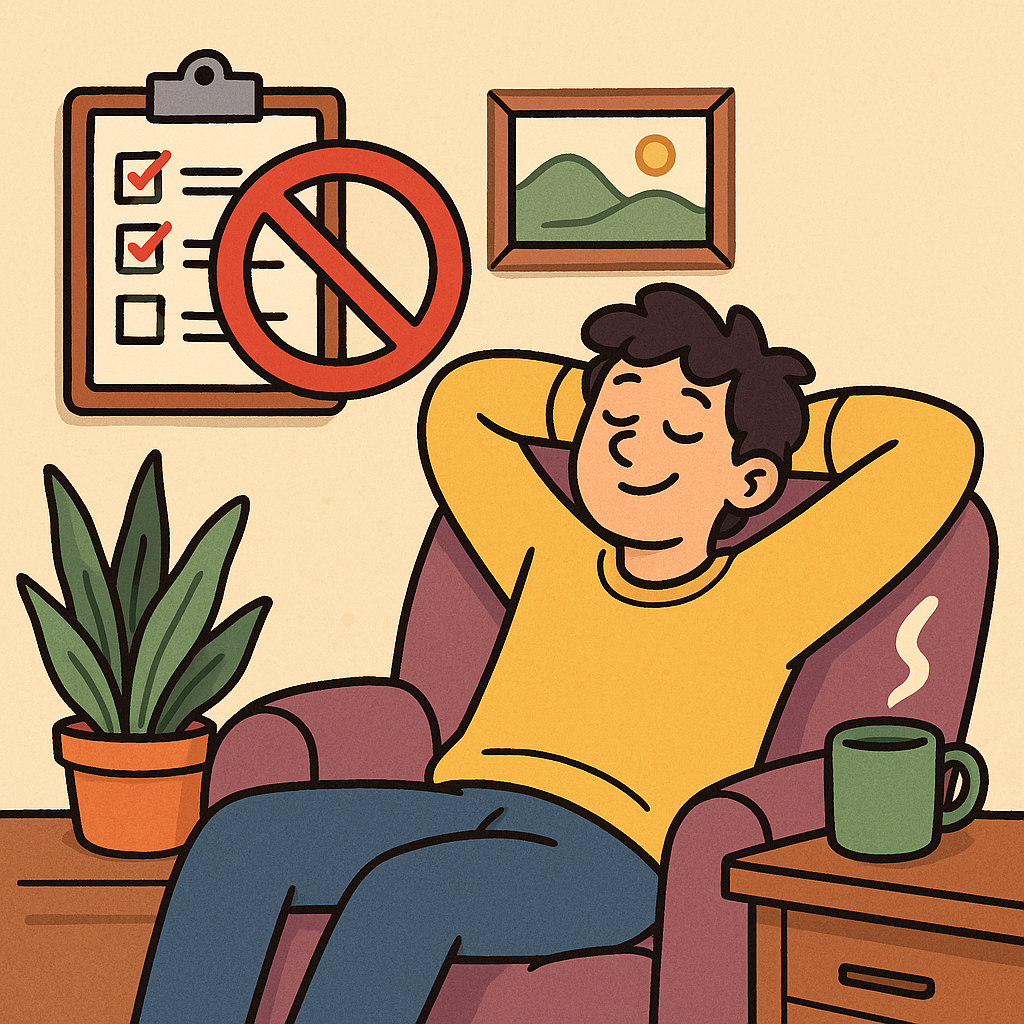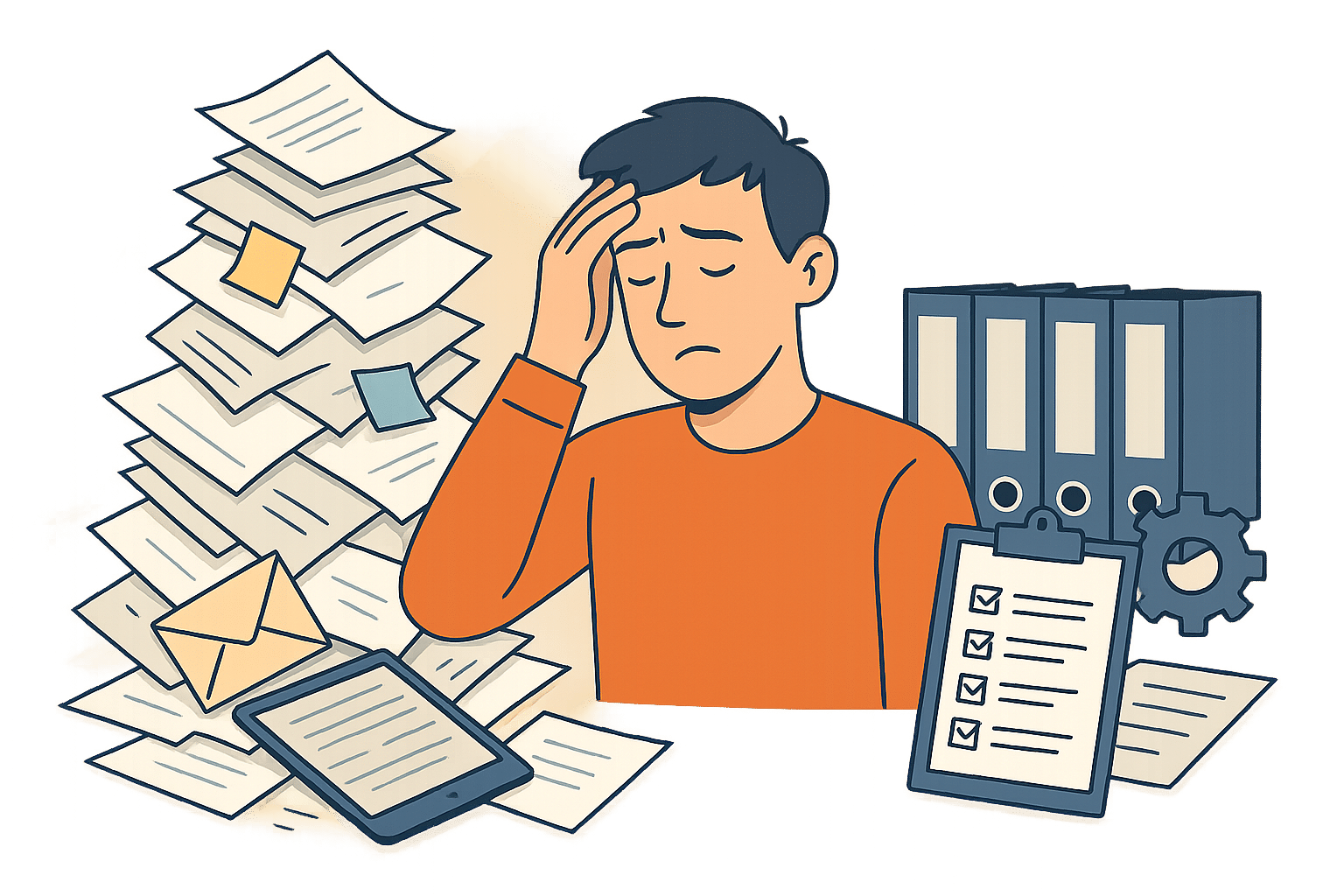Imagine the freedom when you stop tracking every task. No more endless lists or constant check-ins—just flow, creativity, and calm. This guide explores what happens when you step back from hyper-productivity and reclaim focus, backed by real research and actionable advice.

1. The Rise and Toll of Task-Tracking Culture
Over the past decade, logging every action—thanks to productivity apps, time trackers, and micro-efficiency trends—became mainstream. You meticulously track every email, coffee break, or meeting to maximize output. Yet experts now warn of hidden costs. The Guardian reports that micro-efficiency behaviors can signal burnout and high-functioning anxiety when optimization becomes survival mode, not choice.
1.1 Hidden Burnout Signs
- Compulsive list-adding
- Anxiety around unfinished tasks
- Feeling “not enough” despite high output
2. What Science Says When You Stop Tracking Every Task
2.1 Improved Flow & Cognitive Performance
Perfectionism often masks a deeper issue: constant task-switching that disrupts our mental rhythm. Neuroscientific research shows that our brains are wired for focus, not fragmentation. When we toggle between tasks—especially in an attempt to perfect every detail—we overload our executive function, draining energy and reducing productivity (Thomas 2021).
Maura Thomas, a prominent productivity expert, argues that “attention management” is now more critical than traditional time management. Instead of obsessively tracking hours, managing where your attention flows can lead to deeper cognitive engagement and output (Thomas 2021). By letting go of the need to be flawless in every task, we allow our minds to operate more fluidly, aligning better with how our brain actually functions.
2.2 Less Cognitive Load
Every time you switch contexts—from editing a report to answering a Slack message—you incur a cognitive tax. Functional MRI scans have revealed that context-switching activates control networks in the brain, causing a spike in mental energy use (Monsell 2003). This is why perfectionists, who frequently over-monitor their actions, often feel mentally exhausted despite working “hard” rather than “smart.”
Letting go of perfectionism reduces this constant monitoring. When we stop micromanaging our every move, we free up valuable cognitive bandwidth that can be redirected to more impactful work—like strategic thinking or creative problem-solving.
2.3 Creativity Through Reduced Pressure
Ironically, relaxing your grip on perfection can open doors to innovation. Psychologists have long observed that creativity thrives during incubation periods—times when the mind wanders and subconscious processing occurs. Perfectionists tend to suppress this natural mental drift by trying to “force” productivity, which can hinder creative breakthroughs.
Reduced pressure enables divergent thinking, a key element in generating novel ideas. Allowing for flexibility—such as scheduling “non-productive” blocks of time or engaging in strategic procrastination—can enhance ideation and insight. By simplifying our task systems and removing the mental pressure to be exacting, we empower our creative instincts to emerge more freely.
3. What You’ll Feel After You Stop Tracking Every Task
| Before | After |
|---|---|
| Anxious mind chasing checked-off boxes | Calm, with deeper presence |
| Constant urgency and stress | More enjoyment and rest |
| Guilt over incomplete items | Flexible, empowered pacing |
| Burdened by micromanagement | Regained autonomy and trust |
4. How to Transition Away from Over-Tracking
- Start with time blocks, not lists
Assign blocks for broad themes—like “deep work”—and skip micro-detail. - Batch notifications and check-ins
Use bounded deferral: only check messages during planned slots. - Allow mind-wandering breaks
Short breaks help refresh focus and creativity. - Use minimalistic tracking
Log only 1–3 big wins daily—what you actually achieved—not every minor step. - Assess and adjust
Reflect weekly on whether you feel more grounded, creative, or stressed.
5. Real-Life Success: Taming the Micro-Efficiency Trap
Tech workers report using “scary hour” routines: a 60-minute sprint for anxiety-inducing tasks—no tracking allowed. Others are embracing “quiet thriving”: disengaging from busywork to focus on meaningful impact, countering burnout culture.
6. Pitfalls to Avoid When You Stop Tracking Every Task
- Complete abandonment: Anarchy doesn’t build discipline—replace lists with frameworks.
- Unstructured avoidant behavior: Don’t let productive goals fade into procrastination.
- One-size-fits-all: Customize your approach—high-intensity sprints may work; micro-breakers may not.
7. What to Expect: A Month In
Week 1–2: You may feel uneasy—your brain seeks the old habit loops.
Week 3–4: Flow returns—deep focus, creativity, less anxiety.
By Month 2: You settle into calmer, more sustainable rhythms. Some tasks will still get tracked; most won’t need obsessive oversight.
8. Key Benefits When You Stop Tracking Every Task
1. Enhanced Focus: Save Up to 2 Hours a Day
Tracking tasks often leads to context switching, where your brain must shift gears repeatedly between different activities. According to research by productivityreport.org, this can cost up to 2 hours of productivity daily. By reducing or eliminating this habit, individuals can reclaim substantial uninterrupted work time, leading to deeper focus and better output on high-priority work.
2. Reduced Stress: Free Your Cognitive Load
When you’re constantly monitoring every micro-task, your brain is juggling ongoing checklists and deadlines. This self-surveillance mode heightens stress levels and may even activate similar mental strain associated with anxiety. By letting go of hyper-tracking, you allow your mind to rest and prioritize organically—reducing decision fatigue and mental clutter.
3. Boosted Creativity: Space for the Subconscious
Creativity thrives when there’s room for incubation. Constantly tracking tasks limits this by forcing the brain into a micro-management mode, cutting off the subconscious space where original ideas form. When you stop over-scheduling, you enable more serendipitous thinking, a key to innovation and problem-solving. Studies in cognitive psychology affirm that “unstructured time” can dramatically enhance idea generation (Sawyer 2012).
4. Improved Well-Being: Reclaim Autonomy
Excessive task tracking can make you feel enslaved to your to-do list, reducing intrinsic motivation. Autonomy—the freedom to decide what to do and when—is a core component of well-being according to Self-Determination Theory (Deci & Ryan 2000). Letting go of compulsive tracking can increase mindfulness, presence, and satisfaction in your day-to-day work.
These benefits make a strong case for transitioning to a lighter, more intuitive productivity system—one that emphasizes trust in your memory, prioritization instincts, and creative flow. If you’re drowning in checklists, it might be time to experiment with letting go.
Conclusion
When you stop tracking every task, you don’t lose productivity—you transform it. You trade noisy metrics for real engagement, replace burnout with inspiration, and let your work breathe. This shift isn’t anti-productivity—it’s pro‑human.
References
1. Clark, D. (2018, April 9). Track your time for 30 days. What you learn might surprise you. Harvard Business Review.
https://hbr.org/2018/04/track-your-time-for-30-days-what-you-learn-might-surprise-you
2. Adanyin, A. (2024, October 30). AI‑driven feedback loops in digital technologies: Psychological impacts on user behaviour and well‑being [Preprint]. arXiv.
https://arxiv.org
3. Shoutbase (2019). Why we stop tracking time. Shoutbase Blog. https://www.shoutbase.com/blog/why-we-stop-tracking-time/






